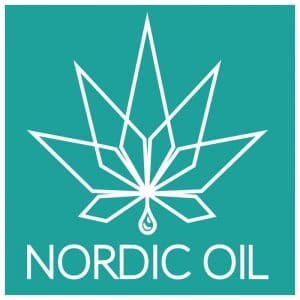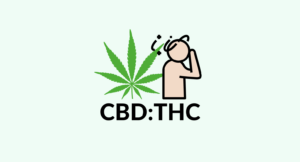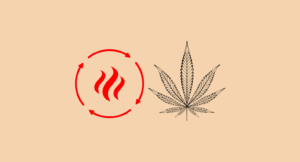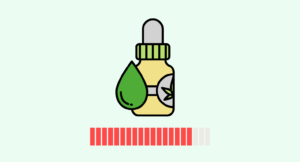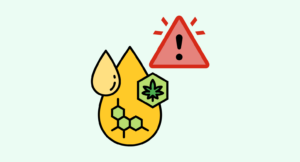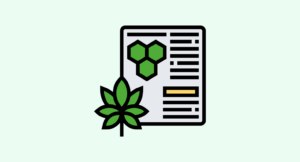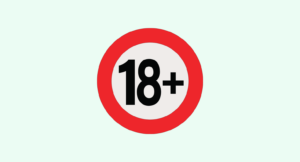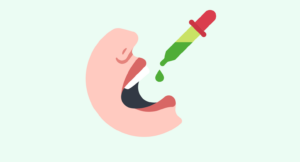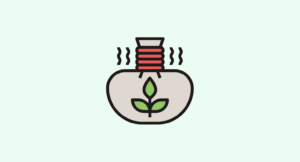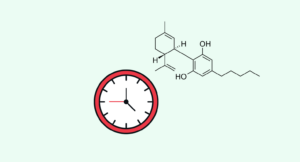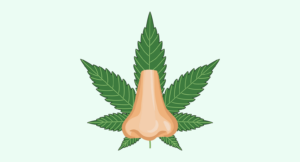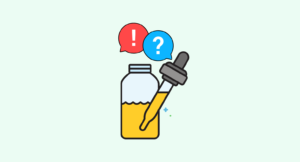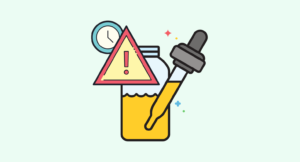
Poland has grown cannabis for centuries for fiber and as medicine. When the international ban on cannabis emerged in the 1900s, Poland’s hemp industry was devastated.
After Europe reintroduced hemp in the 90s, Poland was among the first countries to successfully revive its hemp industry.
Poland has some of the youngest entrepreneurs in the CBD sector, its cannabis industry is thriving and CBD is already a mainstream product available all over the country.
In this guide, we’ll take a look at the Polish CBD market, review Polish CBD and hemp laws, and over some of the best CBD oils in Poland.

Best CBD Oil Poland
| Number | Product | Total CBD | Potency | Cost per mg CBD | Link |
|---|---|---|---|---|---|
|
1 |

Reakiro CBD Oil |
300 – 1500 mg |
30 – 150 mg/mL |
€0.07 – €0.08 |
|
|
2 |

Nordic Oil Full-Spectrum CBD Oil With Curcumin & Piperine |
1500 mg |
150 mg/mL |
€0.10 |
|
|
3 |

Endoca CBD Oils |
300 – 1500 mg |
30 – 150 mg/mL |
€0.08 – €0.09 |
|
|
4 |

Hemp Bombs CBD Oil |
300 – 4000 mg |
10 – 133.3 mg/mL |
$0.07 – $0.17 |
|
|
5 |

Nature’s Script CBD Oils |
300 – 4000 mg |
10 – 133 mg/mL |
$0.07 – $0.17 |
Summary: Buying CBD in Poland
- Poland has a thriving cannabis industry
- CBD products with less than 0.2% THC are legal without a prescription
- Poland didn’t ban CBD edibles and beverages like many European countries did after the introduction of the Novel Food Regulation
- You can shop for all types of CBD products both in-store and online
- You can use a mail forwarding service to buy from brands that don’t ship CBD directly to Poland
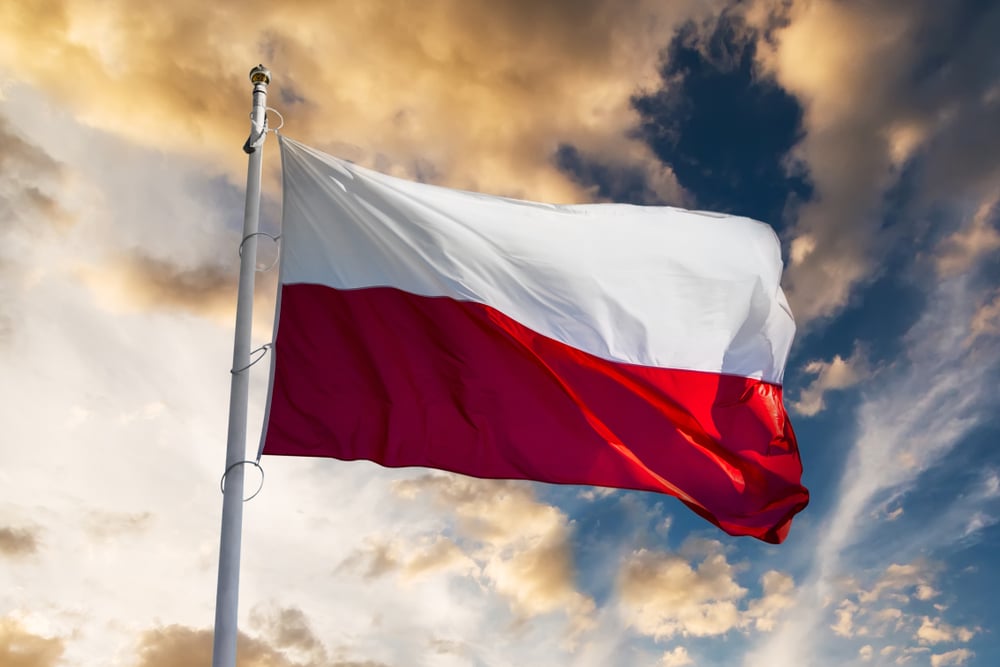
A Brief History of Cannabis in Poland
Cannabis came to Poland through Central Asia, likely by the Scythians in the 15 century BCE.
For centuries, cannabis played an essential role for many Slavic tribes (including those who settled in the lands of Poland), taking part in folklore, medicine, food, weaving, and clothing.
Along with flax, hemp became the most important crop for the Poles. They used it for clothes, food, and medicine. Boiled hemp seeds soothed toothaches and treated skin diseases. Hemp was also used as a treatment for upset stomach, fever, and as a painkiller.
During the 19th century, Polish scientists and doctors researched cannabis-based medicines — setting the groundwork for the modern-day Polish cannabis industry.
The long tradition of hemp cultivation survived throughout the years — even between the two world wars.
In 1930, Poland created the Institute of Natural Fibres and Medicinal Plants, one of the oldest European institutes that conducts hemp research.
Following the International Opium Convention (IOC), Poland signed the agreement along with over 60 other countries, restricting cannabis cultivation and trade.
However, cannabis wasn’t officially banned until 1951 and was later criminalized in 1997.
Following the IOC and the subsequent restrictive laws, hemp cultivation declined in the 50s.
However, after Europe changed its stance toward hemp and successfully reintroduced the crop, Poland took action to recover its hemp fields.
Today, Poland has a thriving cannabis industry.
Hemp is entirely legal in Poland, while marijuana is partially decriminalized.
We’ll continue with current CBD laws in Poland, but first, let’s take a look at the classification differences between hemp and marijuana.
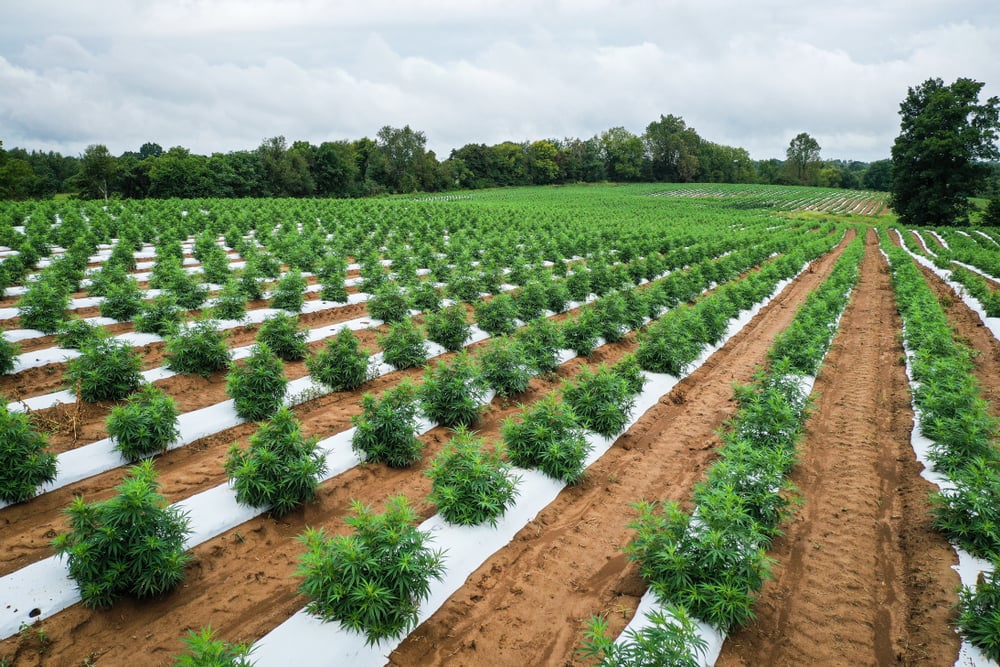
What’s the Difference Between Hemp & Marijuana?
The terms hemp and marijuana are often used interchangeably — despite the fact that these plants have some key differences.
Both plants are the same species — Cannabis sativa — but this doesn’t make them identical. On the contrary, hemp and marijuana vary in their purposes of use, appearance, and most importantly — chemical composition.
Cannabis plants produce varying levels of cannabinoids. Some strains produce very little delta 9 THC (the psychoactive cannabinoid), others produce high amounts.
Throughout most of the world, the laws are different depending on the amount of THC a particular strain will produce.
1. Marijuana
Any cannabis plant with more than 0.2% THC by weight is considered marijuana in Poland. These plants contain enough THC to get the user high. Recreational use of marijuana is not permitted.
2. Hemp
In Poland, hemp is classified as any Cannabis sativa plant that has a THC content below 0.2%. Hemp is completely legal for cultivation, processing, and sale under a government-issued license. Anybody can purchase hemp-derived products without a prescription in Poland, and these products won’t get the user high.
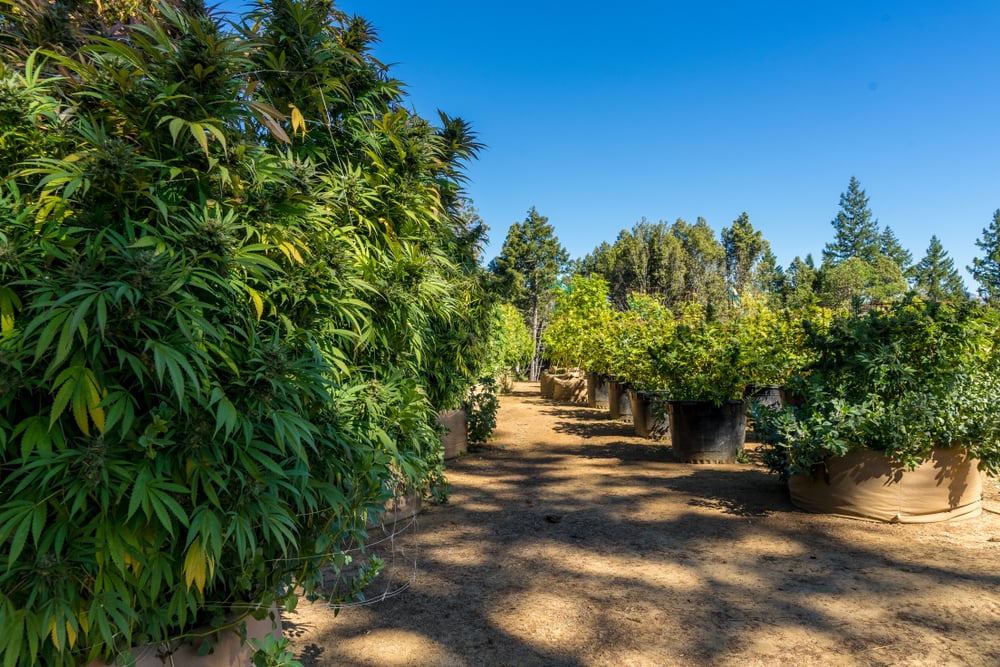
Current Legal Status: Is CBD Legal in Poland?
Poland has relaxed CBD laws and allows the purchase and use of all types of CBD products — including CBD foods and beverages.
Despite being a member state of the European Union, Poland bypassed the Novel Food Regulation put in place throughout Europe that banned the production of CBD-infused foods.
The country practices only one EU-related requirement for CBD products — the THC content cannot exceed 0.2%. This rule is not uncommon — most European countries apply this in their national law.
Poland is known for its prosperous cannabis industry and is one of the countries with the most transparent and well-organized regulatory systems.
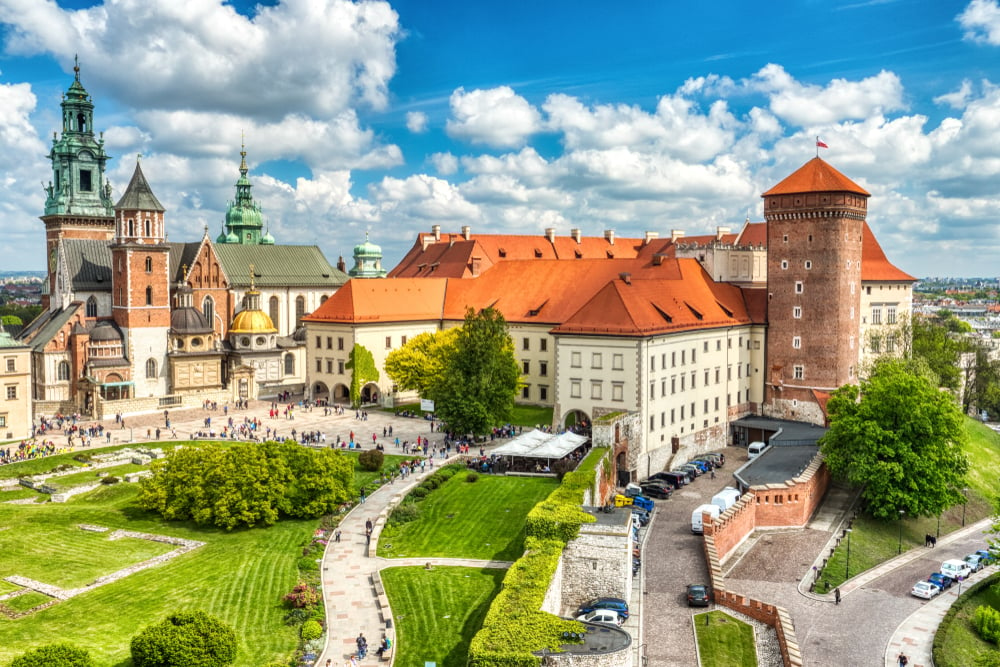
How Is Hemp Regulated in Poland?
The regulations surrounding CBD are fairly transparent, and you can shop for any CBD product online and in-store as long as it’s hemp-derived and doesn’t exceed the 0.2% THC threshold.
Farmers and entrepreneurs must apply for a license to grow low-THC hemp (< 0.2%). There are no restrictions on hemp processing, and with a proper permit, cultivators can use hemp for fiber, food, cosmetics, pharmaceutical products, and building materials.
However, you’re not permitted to grow hemp without a license.
Where to Buy CBD Oil in Poland (And Other CBD Products)
If you prefer traditional shopping, you can look for high-quality CBD products in health food stores, alternative medicine stores, and herbal shops.
Online shopping is the preferred option in Poland because of the reasonable prices and the broad range of products that are available.
Most domestic or European brands will ship the product to your door for free, and foreign brands sometimes offer free shipping after you spend over a certain amount.
You may come across some brands that won’t ship to you. This is very rare for Poland, but should you find yourself in this situation, there is a way to get around this by using a mail forwarding service.
Mail forwarding companies can provide you with a mailing address in another country (like the UK or USA) that you can use to place online orders in specific regions. If you decide to register for a mail forwarding service, you can check our detailed mail-forwarding guide for CBD.
Pros & Cons of Buying CBD Online in Poland
| Pros | Cons |
|---|---|
|
|
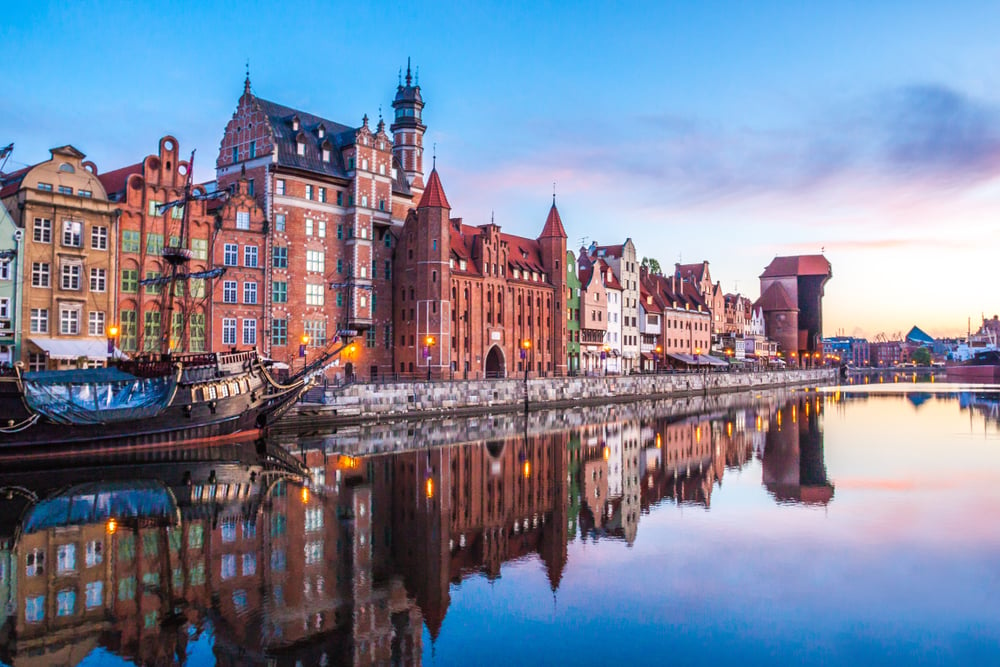
Tips on Buying High-Quality CBD Products in Poland
Poland has a relatively liberal legal framework that allows businesses to process hemp fruitfully — they can use it for fibrous materials, cosmetics, pharmaceuticals, and CBD products. However, “the more, the merrier” concept can be a double-edged sword because some companies take this liberty for granted and bypass essential quality standards.
Here are a few things that you should pay attention to when shopping for CBD in Poland:
1. Look for a Certificate of Analysis (CoA)
Hemp is a fantastic plant — as a bioaccumulator, it can absorb various compounds from the soil, including heavy metals, toxins, and other contaminants. While this is great for the environment, the toxins can affect the quality of the CBD extract when used as a health supplement or as medicine.
Reputable brands test their products for purity, and your seller should be able to provide you with a CoA that proves the CBD extract is free from heavy metals, pesticides, solvents, and bacterial contamination.
Also see: The Importance of Third-Party Testing in the Cannabis Industry.
2. Avoid Companies That Make Exaggerated Health Claims
Never spend your time and money on a CBD product that sounds like a magic cure-all potion. CBD has many benefits, but it’s not a panacea.
A lot of companies that preach the miracle benefits of CBD aren’t following the rules put in place by the Polish, or foreign regulators. Who knows what other rules the company is skipping out on to get more CBD products pushed out the door.
We recommend avoiding these companies altogether and looking for those that maintain credible and science-based advertising and health claims.
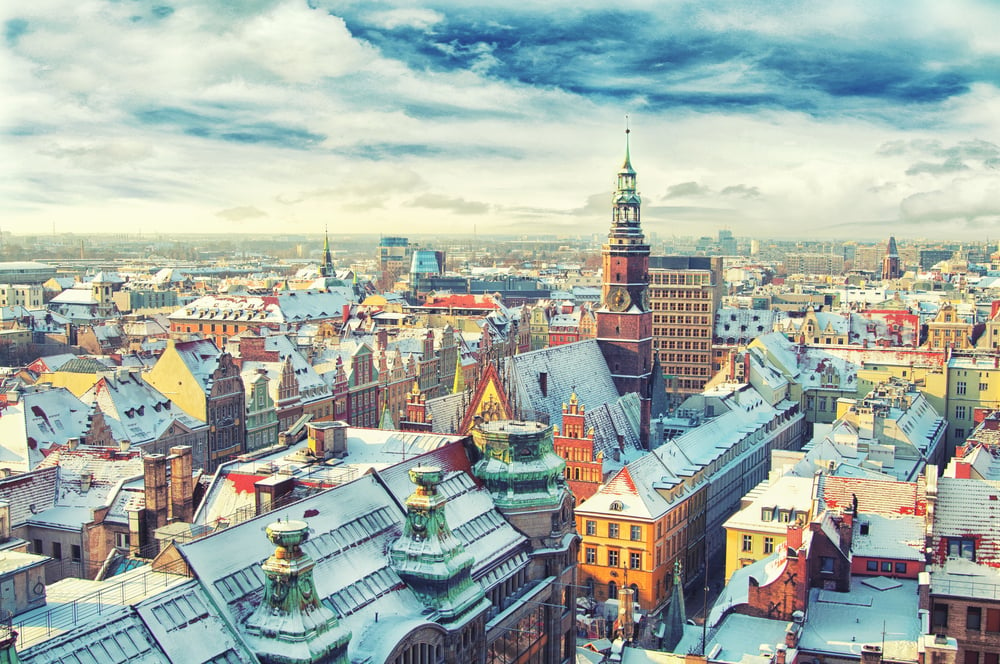
CBD Brands That Operate in Poland
Reakiro CBD

Blessed CBD

Enter DAILYCBD to save 10%
Focus Supplements
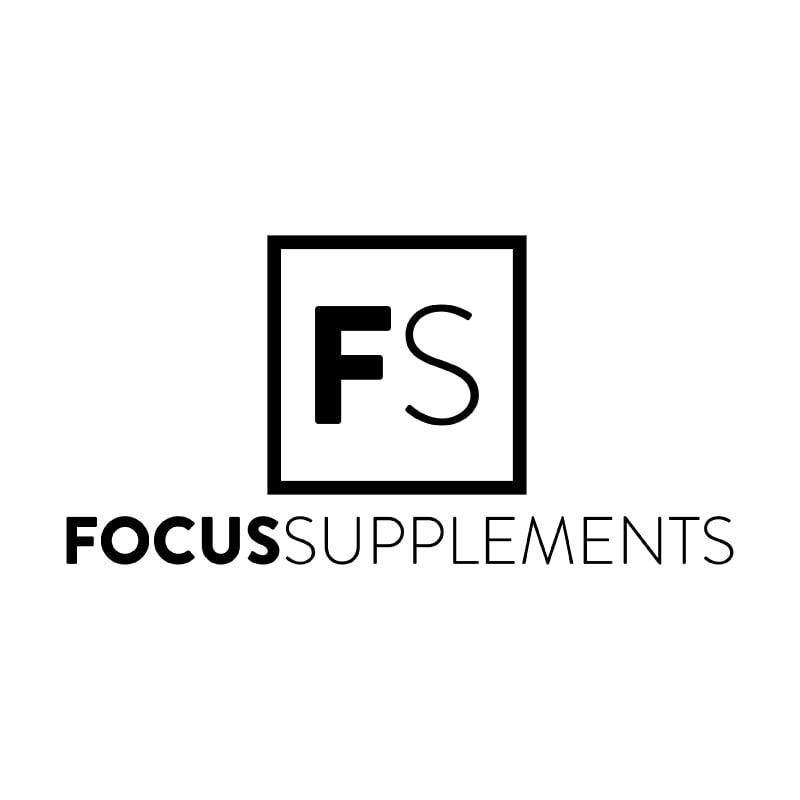
Formula Swiss

Holistic Hemp Scotland
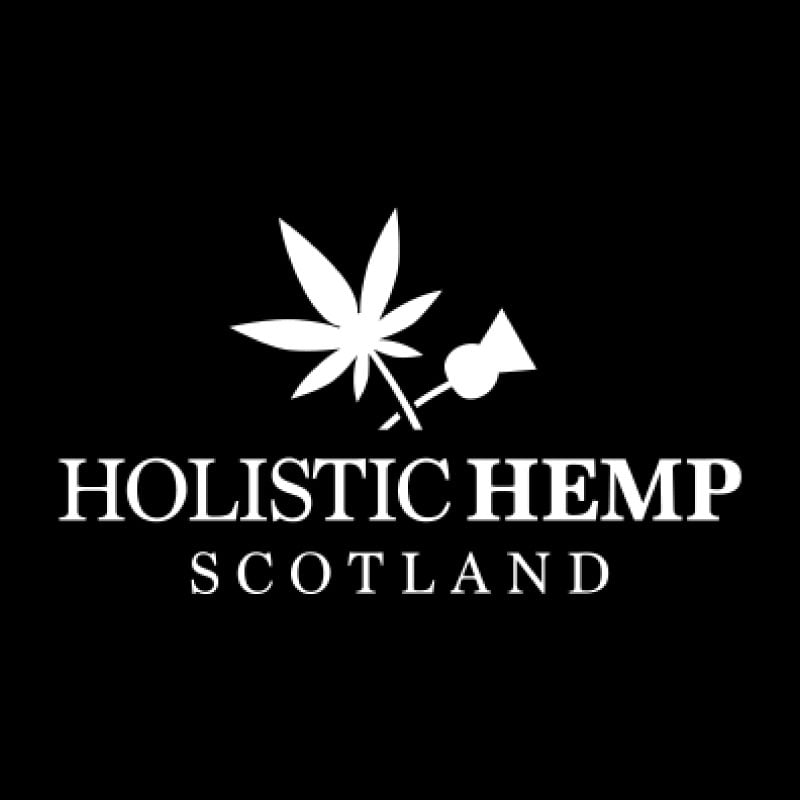
Nordic Oil
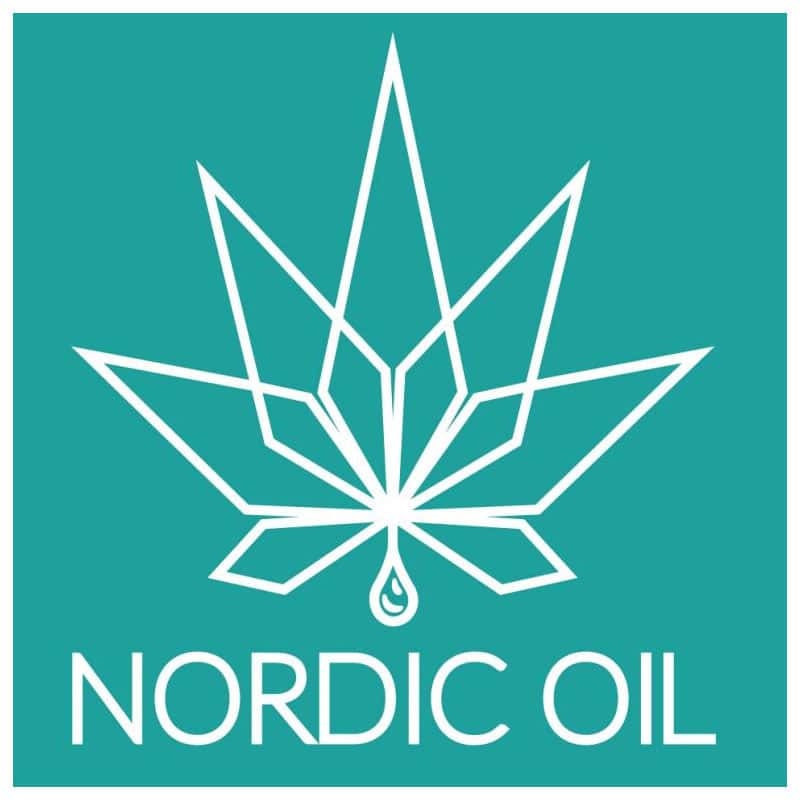
Hemp Bombs

Final Thoughts on Buying CBD in Poland
Poland is a cut above the rest when it comes to CBD laws in Europe. The government prioritizes the improvement of the country’s economy, and hemp is the primary tool for that aim.
As a CBD enthusiast, you don’t have to worry as long as you’re buying hemp-derived CBD products with less than 0.2% THC. The market is abundant, and it’s expected to grow significantly, meaning that you’ll be able to choose among thousands of CBD products.
The greatest thing about buying CBD if you live in Poland is that you can indulge in CBD edibles as well thanks to Poland’s firm decision to disclaim the novel food rule. This is uncommon for most European countries.
While you can buy CBD in various local shops, online stores can offer you even more exceptional products and better prices.
Happy shopping!

